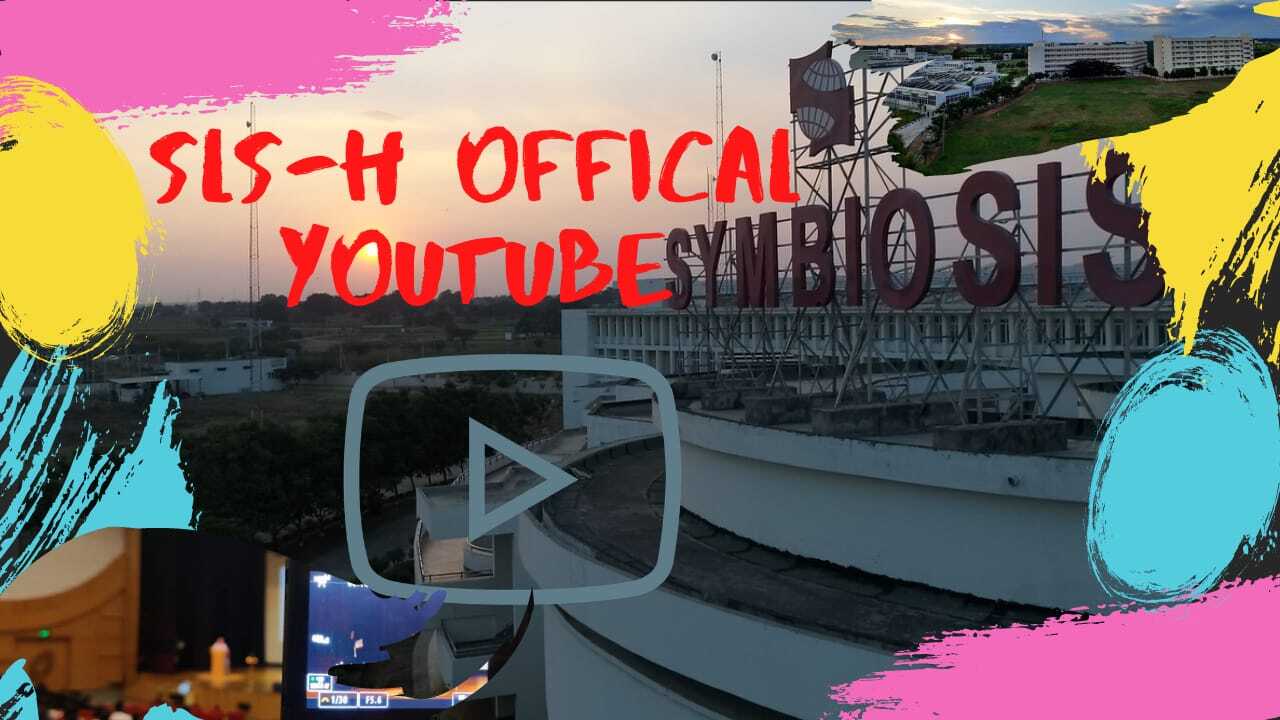
Rights of Arrested Persons under Cr.P.C
– By Shubha Deshpande (Batch – 2018-23)
Introduction
All human beings enjoy their right to life and personal liberty, irrespective of their identity. This means that even the right of a person who is accused of a heinous crime, is sacred and cannot be taken away from him. As mentioned under Article 1 of Universal Declaration of Huan Rights (UDHR), “All human beings are born free and equal in dignity and rights and are endowed with reason and conscience and should act towards one another in the spirit of common brotherhood and conscience” These basic human rights are preserved in our Constitution. Every person is ‘innocent until proven guilty’ and hence, there are restrains put on the powers of arrest by the Police. Only by abiding these rights can there be a fair trial.
Rights Available under Criminal Procedure Code (Cr.P.C.):
Right to know the Reasons of Arrest:
According to Sec. 50(1) of Cr.P.C, an accused who is arrested by a police officer without any warrant has the right to know the particulars of the offence for which he is being arrested[1], and it’s the irrefutable duty of the police officer to inform the accused of the grounds of his arrest. The Indian Constitution also provides the same as a fundamental right. Article 22(2) of the Constitution states that a person who is arrested, shall not be detained in custody, without being informed, as soon as possible, of the grounds for which such arrest was made.[2]
Right to be produced before the Magistrate without delay:
This right is provided under Section 55 of the Cr.P.C and states that a police officer making an arrest without a warrant should produce the arrested person without unnecessary delay before the Magistrate having jurisdiction[3]. Section 76 further elaborates that the police officer should do so within 24 hours of the arrest[4]. The indiscriminate and hasty use of the arrest power is counterproductive and violates the constitutional right embodied in Article 21.
Even though the law is very clear, there are many instances where the basic rights of the accused are violated. In order to keep a check on this, an express duty should be placed on the Magistrate before which the arrestee is brought to verify that the arrestee’s rights were not abused during the arrest process.
When the accused is brought before a Magistrate, the Magistrate can review to see if clear grounds for arresting the individual have been documented, and if so, those reasons are on the face of it, valid. At this point, there could be a judicial review. If that is made, the wrong done by the police officer, whether deliberate or accidental, will be corrected as soon as possible.
Right to be released on Bail:
Section 50(2) of Cr.P.C provides that whenever a police officer arrests a person without a warrant for a non- cognizable crime, he shall inform him that he has the right to be released on bail and make arrangements for sureties on his behalf. [5]
Right to consult a lawyer:
This is provided in the fundamental right in Article 22 of the Indian constitution. Section 41(d) and Section 303 of Cr.P.C also recognizes these rights. The arrested person is given a right to choose any advocate to defend his case and he is to be given this opportunity at the earliest. In the case of Directorate of Revenue Intelligence vs. Jugal Kishore Samra[6], the Supreme Court ordered that “the consultation with the lawyer may be in the presence of the police officer but not within his hearing.”
Right to free Legal aid:
This right is given in Section 304 of the Cr.P.C. It states that when a trial is conducted before the Court of Session, and the accused is not represented by the legal practitioner, or when it appears that the accused has no sufficient means to appoint a pleader then, the court may appoint a pleader for his defence at the expense of the State[7]. The right to free legal aid cannot be deprived of even if the accused did not apply for it.[8] This right is also given under Article 39A of the Indian Constitution to an ‘indigent accused person’.
Right to be Silent:
This right provided under Article 20(3) of the Indian Constitution, i.e. Right against self- incrimination; states that “no person can be compelled to be a witness against himself”. This was also laid down in the case of Nandini Satpathy vs. P L Dani[9]. The court held that “No one can force any person to give any statement or to answer questions and the accused person has a right to keep silence during the process of interrogation”.
An Advocate is not allowed to be with the accused during the interrogation process. However, a consultation with advocate should be allowed prior to the interrogation, which would facilitate sufficient protection of rights of arrestee since he would be informed of his basic rights and can help in preventing abuse of the accused and prevent the use of arbitrary power by the investigating authorities.
A situation may arise, where a policeman knowingly, records the wrong confession by using unfair modes. Therefore, the presence of an advocate throughout the interrogation will not only ensure that above mentioned aren’t violated but will also keep them updated about the proceedings of the case. He must be present only in an advisory capacity and stick to advising the client of his rights. He must not answer on behalf of the client and break the process of interrogation causing unnecessary interruption. If the lawyer doesn’t comply with this, then the police officer may at the order of magistrate, prohibit the lawyer from being present during the interrogation process.
Right to be examined by a medical practitioner
Section 54 of Cr.P.C provides that when “the arrested person alleges that examination of his body will lead to a fact which will disapprove the fact of commission of an offence by him, or which will lead to commission of an offence by any other person against his body, the court may order for medical examination of such accused person at the request of the accused, unless the court is satisfied that such a request is made for the purpose of defeating the justice.” [10]
The way forward
Keeping in mind the rights of the accused, certain provisions like allowing the complainant to withdraw the complaint before the final order is passed may be added. To avoid any delay, the magistrate can be given the power to acquit the accused when the complainant fails to appear without any reasonable reasons.
The incapacity to pay bail amount in non-bailable offences due to indigence could also be recognised as reasons for reduction or waiver of the bond amount.
Alternatives to the current monetary bail scheme, such as conditional bail, could also be added. In the 1973 expert committee report titled “Procedural Justice to the People”, this very conditional release was recommended. Conditional release can be made on grounds of community services, drug rehabilitation, counselling sessions, etc. Such release may be granted in exceptional cases which include circumstances like first time offender, relatively small offence, financial capability of accused, degree of crime, the person’s mental health, the ability to repeat the crime, criminal history and age.
Conclusion
Human Rights need to be preserved.
Even though it seems so obvious, the police and others in power seem to forget
this very often. Despite various guidelines that are provided in the Code and
reiterated in the judgements to protect the human rights of the accused, there
are still many cases of custody deaths and atrocities and this violates the right
to life and liberty. Therefore, there is
a dire need of proper implementation of the laws and those in authority must be
held accountable for their wrong actions against the accused.
[1] The Code of Criminal Procedure, § 50(1) (1973).
[2] The Constitution of India, Article 22(2).
[3] The Code of Criminal Procedure, § 55 (1973).
[4] The Code of Criminal Procedure, § 76 (1973).
[5] The Code of Criminal Procedure, § 50(2) (1973).
[6] Directorate of Revenue Intelligence v. Jugal Kishore Samra (2011) 12 SCC 362.
[7] The Code of Criminal Procedure, § 304 (1973).
[8] Sukh Das v. Union Territory of Arunachal Pradesh (1978) SCR (3) 608.
[9] Nandini Satpathy v. P L Dani AIR 1997 (1) SCC 416.
[10] The Code of Criminal Procedure, § 54 (1973).

